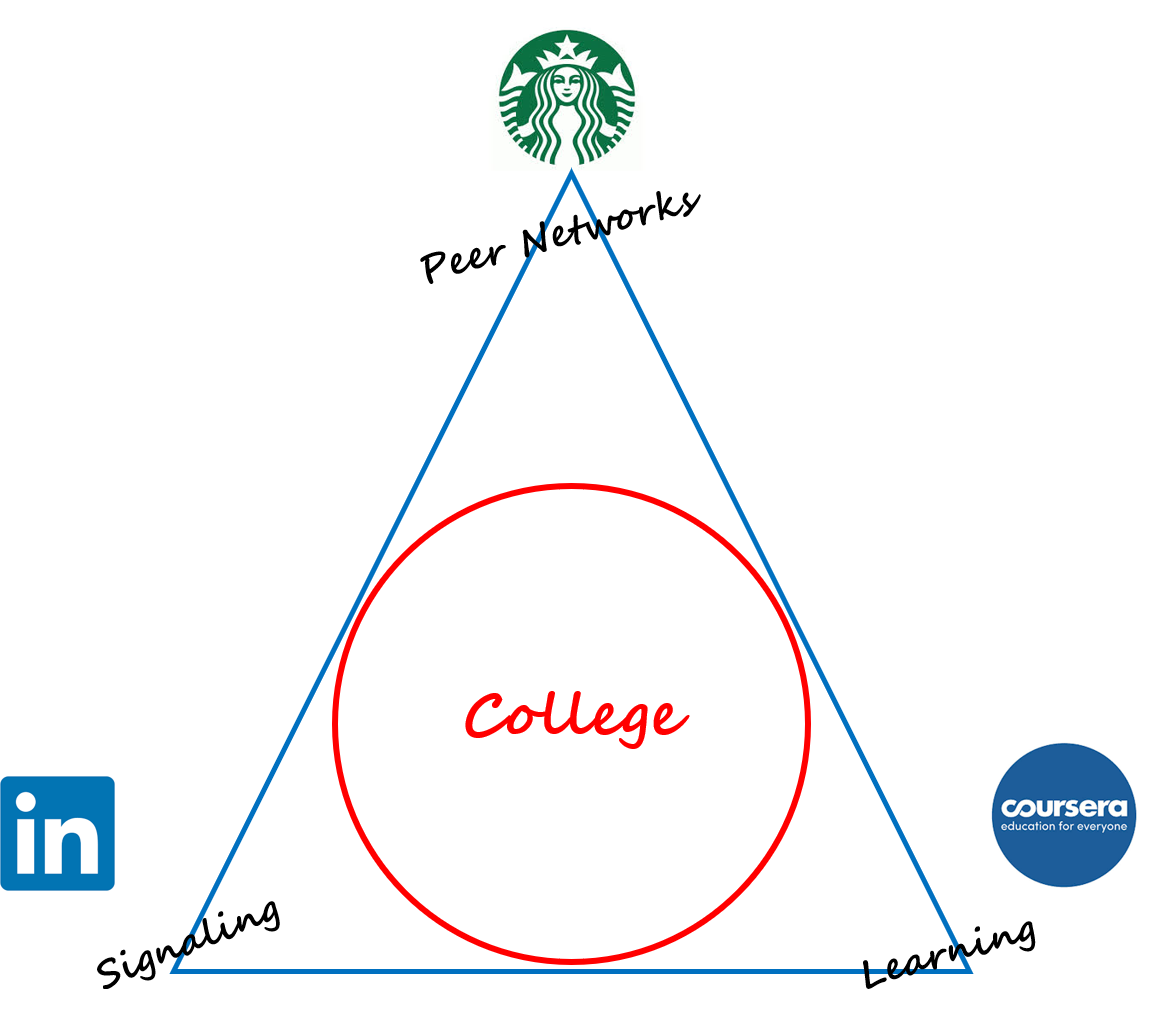Besides putting out super-awesome threads on Twitter, Navin Kabra also writes a newsletter. (He also runs a firm, and makes time for being interviewed for podcasts, and much else besides, but thinking about that will only depress the rest of us, so let’s stop)
So he sent out a post yesterday on that newsletter, which I found fascinating:
There are 3 kinds of power in an organization and most people focus on the wrong ones.
https://futureiq.substack.com/p/understanding-organizational-power
Jacob Kaplan-Moss has a great article about The Three Kinds of Organizational Power: role power, expertise power, and power through relationships. Most people focus on the less important ones. Understanding what these powers are and how to use them is key to becoming effective at your work.
First, if you haven’t already, please subscribe to his newsletter. It’s not just free, it ends up being worth more than the time you spend reading it, and if that is not a bargain, I don’t know what is. Second, maybe I’m guilty of over-fitting, but it was fascinating to me how role power is LinkedIn, expertise power is Coursera and networking power is Starbucks:
College is a bundle: education | credentialing | peer networks
https://econforeverybodyblog.wordpress.com/2020/03/12/signaling-bundling-and-college/
If I were to write that blog post again today, I would remove the word peer. That part, I really do think that role power is about signaling, expertise power is about learning, and relationship power is about networks (the last one is obviously true, it is the others that make me think I might be over-reaching).
Food for thought, as they say.
Navin’s article speaks about the last bit, relationship power, as the most powerful/useful one. And anybody who is in any part of the higher education supply chain would likely agree: it is networks that get things done.
Now, as a student, what should you take away from this?
You need to consciously spend some time in developing your networks. And that means putting yourself out there as often as possible. Write blogposts. Make videos. Start podcasts. Make TikTok or Takatak (or whatever else we’re calling it these days) clips.
And once you do all of that, as often as possible, start sending those links to folks. Ask them for feedback, and ask them specifically for areas of improvement. Ask them for learning recommendations. The magic of the internet will mean that conversations, debates and opportunities will crop up on their own.
But networking does not mean sending people requests on LinkedIn. That just means you’re added to a person’s network. Networking matters, not the network itself. It is a garden that needs regular tending to. The bad news is that it is hard work, the good news is that there are surprisingly large payoffs, and over surprisingly large periods of time.
Make connections with your peers, your professors and your potential mentors. Use this network to share your thoughts, and put those thoughts out for public consumption. Optimize for quantity, and quality will be the eventual outcome. Respond to other people’s publicly available output.
Most importantly, do this for its own sake.
Job opportunities is one of the benefits of doing all this. It is not the only goal, and it is not the end-goal.
For you will change your job eventually, but your network will either shrivel or grow. Please, learn how to nurture it, and keep at it every day.
Navin promises towards the end of his post that he will share his own tips about networking. I’ll link to that post whenever it comes out, of course. But in the meantime, start learning, and help others learn, and build out your network.
Why would you want to not acquire a superpower, eh?

